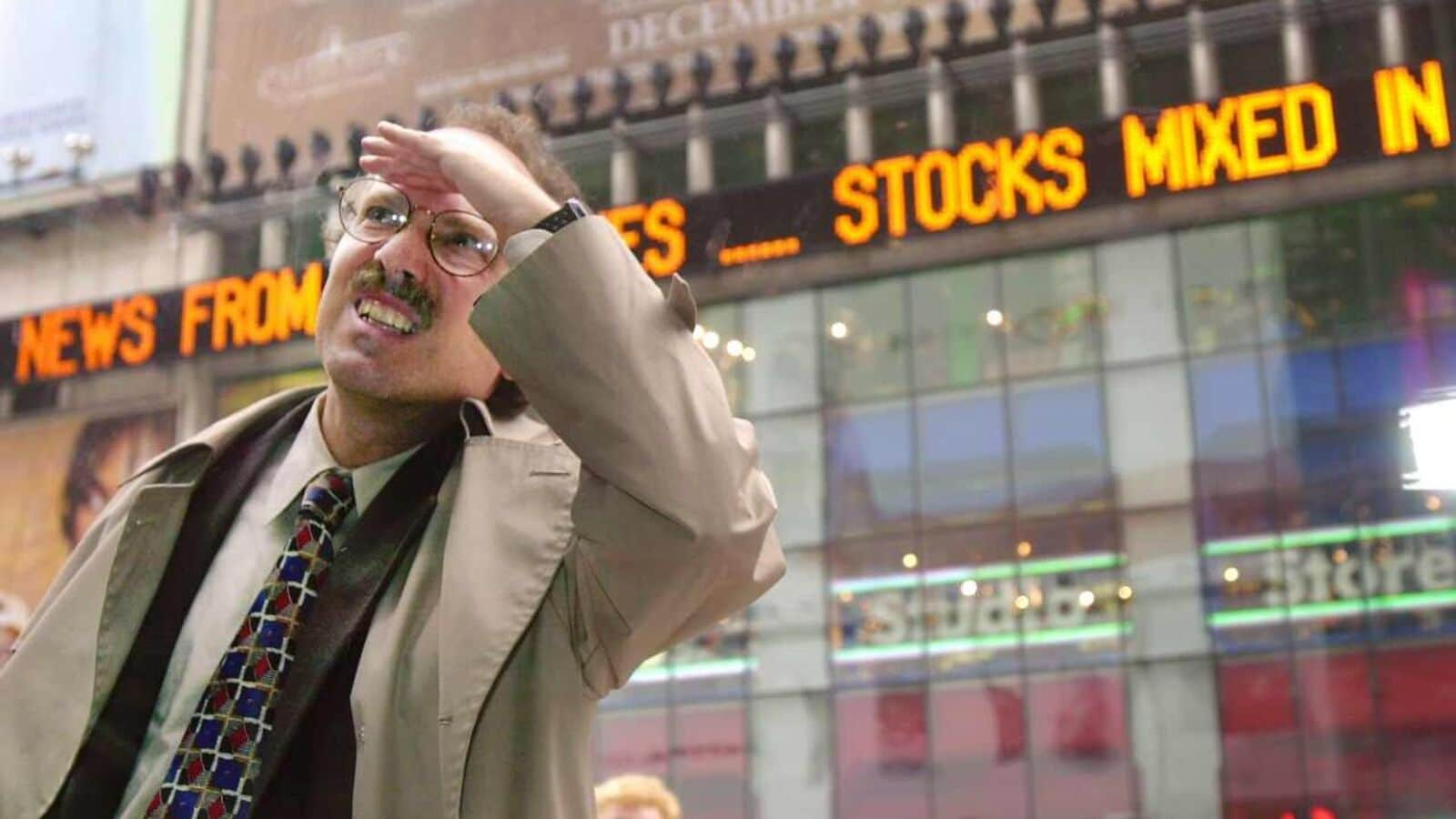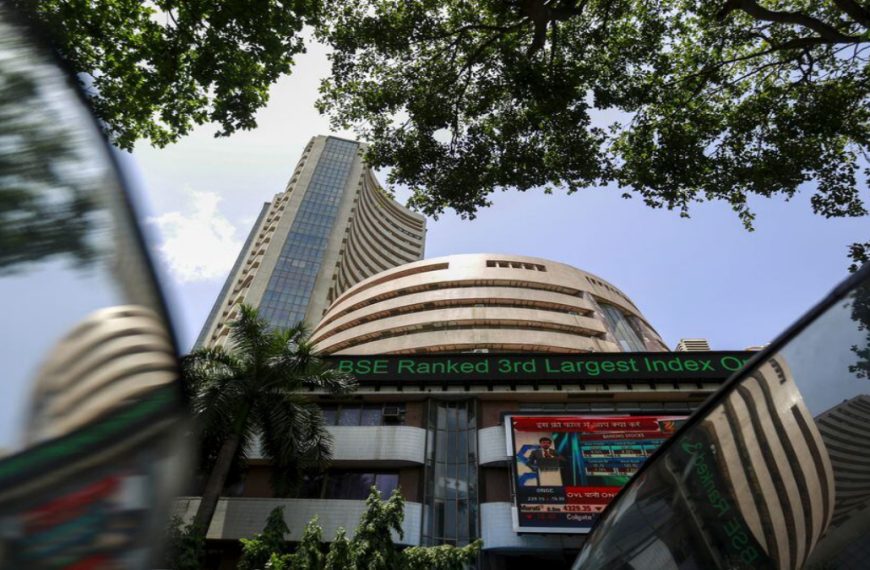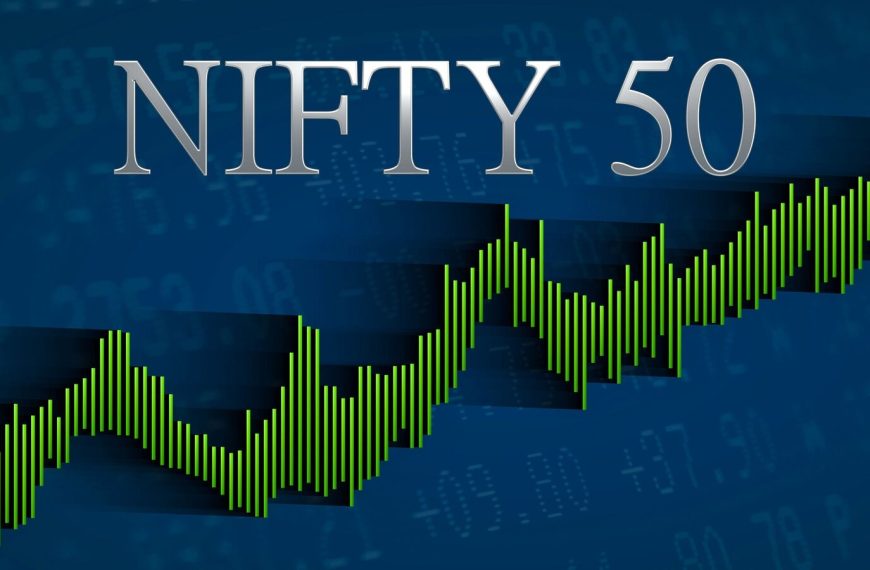The Indian stock market experienced a dramatic downturn on April 7, reflecting the turmoil seen in U.S. markets over the previous week. Heightened trade tensions between the United States and China have spurred investor panic, leading to a significant exodus from riskier investments. This situation raises alarms about the potential for a global economic slowdown, with investors anxious about the implications of escalating tariffs.
Major Market Declines
The Nifty 50 opened the day with a staggering drop of 1,146 points, equivalent to a 5% decline, settling at 21,758. This marks the most significant intraday plunge since March 2020. Similarly, the Sensex mirrored these losses, starting the day down by 5.19%, at 71,449. Broader indices were hit even harder, with the Nifty Midcap 100 index falling 7.26% and the Nifty Smallcap 100 index nosediving by 10.15%.
- Key statistics:
- Nifty 50: down 1,146 points (5%)
- Sensex: down 5.19%
- Nifty Midcap 100: down 7.26%
- Nifty Smallcap 100: down 10.15%
Top Losers and Sectoral Impact
All 50 stocks in the Nifty index faced hefty losses, with Trent leading the way down, plummeting by 15%. Other notable declines included Tata Steel and Tata Motors, which dropped 10% and 8.4%, respectively. The Nifty IT sector was particularly hard-hit, suffering a 7% decline amid fears of a potential recession in the U.S. economy, following a 9% drop the previous week.
Heavyweights Contributing to the Downturn
The broader market sell-off has brought Indian equities into their most challenging phase since the onset of the Covid-19 pandemic. Notably, five major stocks accounted for 37% of today’s Nifty 50 losses. As of 10:00 AM, the Nifty 50 was down 902 points, primarily influenced by:
- HDFC Bank: -3% (contributing 88 points to the decline)
- Reliance Industries: -85 points
- ICICI Bank, Infosys, and Larsen & Toubro: collectively reducing the index by an additional 180 points
Global Trade Tensions and Economic Concerns
The recent market turmoil is largely attributed to the announcement by U.S. President Donald Trump regarding reciprocal tariffs affecting 180 countries. This aggressive trade policy has heightened fears that such measures could adversely impact the U.S. economy more than others, potentially pushing it toward recession.
In retaliation, China implemented a 34% tariff on U.S. goods, exacerbating the trade conflict between the two largest economies. This tit-for-tat escalation has raised concerns globally, stirring fears of a severe economic downturn.
Consumer Sentiment and Economic Forecasts
As tariffs increase, consumers are worried about rising prices on goods, prompting many to curtail spending and save more. This cautious consumer behavior adds to investor anxieties about a potential slowdown in the U.S. economy, which heavily relies on consumer expenditure for growth.
Economists have responded by revising their global growth projections for 2025, leading to a higher likelihood of a U.S. recession by that year. According to J.P. Morgan, the probability of a global recession by year’s end has increased to 60%, up from a previous estimate of 40%.
In summary, the steep declines in the Indian stock market signal a period of heightened volatility and uncertainty, driven by international trade tensions and economic fears. Investors are now left navigating a complex landscape where the risks of recession loom large.











